What if you could use regret as your best teacher?
Regret is a universal emotion, touching our lives at every stage. It will likely never be possible to eliminate all forms of regret. And, most important, I don’t believe it’s even advisable.
While it’s often associated with pain or sorrow, regret can also be a powerful motivator to eliminate mistakes. And as a teacher, we’re informed to make better decisions.
Regrets often revolve around education, career choices, relationships, and health. Let’s explore a few and uncover the lessons they hold for us.
Climbing the Wrong Ladder: Career Regrets
Here’s a quote of an all too common regret: “I climbed all the way to the top of the corporate ladder, only to realize it was propped against the wrong wall.”
Working long hours, week after week for decades, we can sacrifice family time and our day to day enjoyment of life. In our competitive world it’s easy to overlook the sacrifices we’re making.
Learn to be mindful of the cost of career “success.” Be present no matter your age. If young, take a lesson from the more seasoned citizens that have gone before you. If your career is over, use the present moment to overcome regrets … they can be remedied or turned into benefits with mindfulness.
The Lesson: Success isn’t just about achievements—it’s about balance. Take time to evaluate whether your career aligns with your values and beliefs which support personal happiness. Prioritize time with loved ones and make room for life outside of work. Better todays can be had at ANY stage of life.
Regrets About Education: The Pain of What Could Have Been
At times I’m frustrated that I can’t fully understand certain complex topics or engage in deeper discussions. It’s a regret for not having pursued even higher education.
Many people, regardless of age, regret not investing more in their education. “An investment in knowledge pays the best interest.” – Benjamin Franklin. What doors might you open with the proper keys?
The Lesson: Education is one of the best investments you can make in yourself. Whether you’re 20, 40, or beyond, it’s never too late to learn. Take advantage of local colleges, online courses, or skill-building workshops. If you’re considering education, focus on what aligns with your goals, values, and beliefs. There are costs involved, sure. But consider the cost of doing without. Avoid this regret if you can!
Ignoring Health: A Regret That Can Cost You Your Life
Steve Jobs’ story is a sobering example of health-related regret. Diagnosed with a treatable form of pancreatic cancer, Jobs initially avoided surgery in favor of alternative medicine. He later expressed deep regret for this decision, realizing too late that his hesitation likely cost him his life.
This pattern isn’t unique. Many people delay medical treatments, skip routine checkups, or ignore early warning signs, only to face serious consequences. I’ve experienced this fear myself but have learned the importance of prioritizing my health.
The Lesson: Your health is your foundation. Don’t wait to address medical concerns or get routine checkups. Even if you’re afraid, taking action now can save you from bigger regrets later.
Relationship Sacrifices and Missed Opportunities
Relationships, both romantic and platonic, are fertile ground for regret. Many people lament staying in the wrong relationship, choosing a partner over personal goals, or letting important friendships fade.
One of the strongest predictors of financial and emotional stability later in life is avoiding early relationship pitfalls, such as having a child before you’re ready, neglecting education, or settling too quickly.
As someone who grew up in and then left a church cult, I can say this: while I have regrets about all the friends I left behind, I don’t regret the decision to honor my new beliefs. If those relationships were now in opposition to my convictions, it’s better to part ways than to let it drain your energy and potential.
The Lesson: Relationships are vital, but they should enhance your life, not hinder it. Take time to evaluate your connections and nurture the ones that truly matter. It’s never too late to rebuild friendships or start fresh.
Turning Regret Into Growth
At any age, regret can feel overwhelming. But it doesn’t have to be paralyzing. Instead, view it as a guide
—a reminder to live intentionally and strive for growth. Here’s how you can use regret as a positive force:
- Reflect Without Dwelling: Acknowledge your regrets, but don’t let them consume you. Use them as a tool for understanding your priorities.
- Take Action: Learn from your mistakes and make proactive changes. Whether it’s mending a relationship, pursuing a dream, or prioritizing health, start today.
- Practice Gratitude: Focus on what you’ve done right and what you still can achieve. Regret doesn’t define you—your actions moving forward do.
Final Thoughts: Regret as a Teacher
Regret isn’t a burden; it’s a teacher. By understanding its lessons, we can avoid making the same mistakes and lead more intentional lives. Whether you’re 25 or 75, (honestly .. ANY age) it’s never too late to course-correct and build a future free from unnecessary regret. But even more beneficial, to build a life that habitually turns regrets into our best teachers and motivation to grow.
So, ask yourself: What can I learn from my regrets today? The answer might just change your tomorrow.
Please share your thoughts in the comments…do you have a regret that you can turn into a motivator and teacher?










